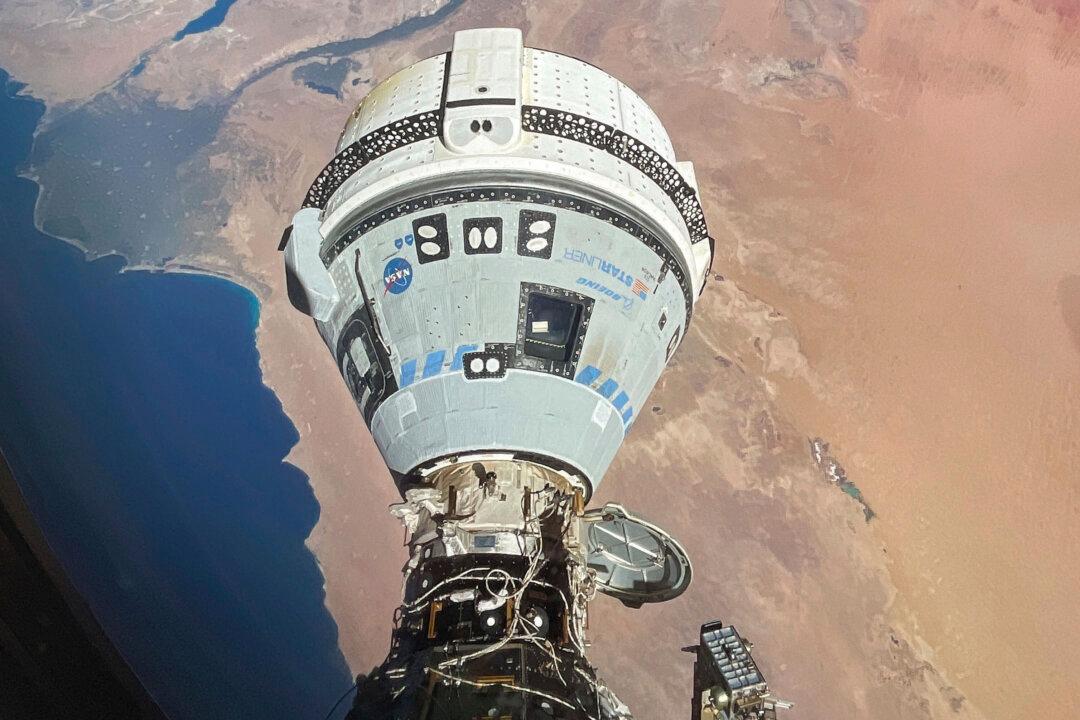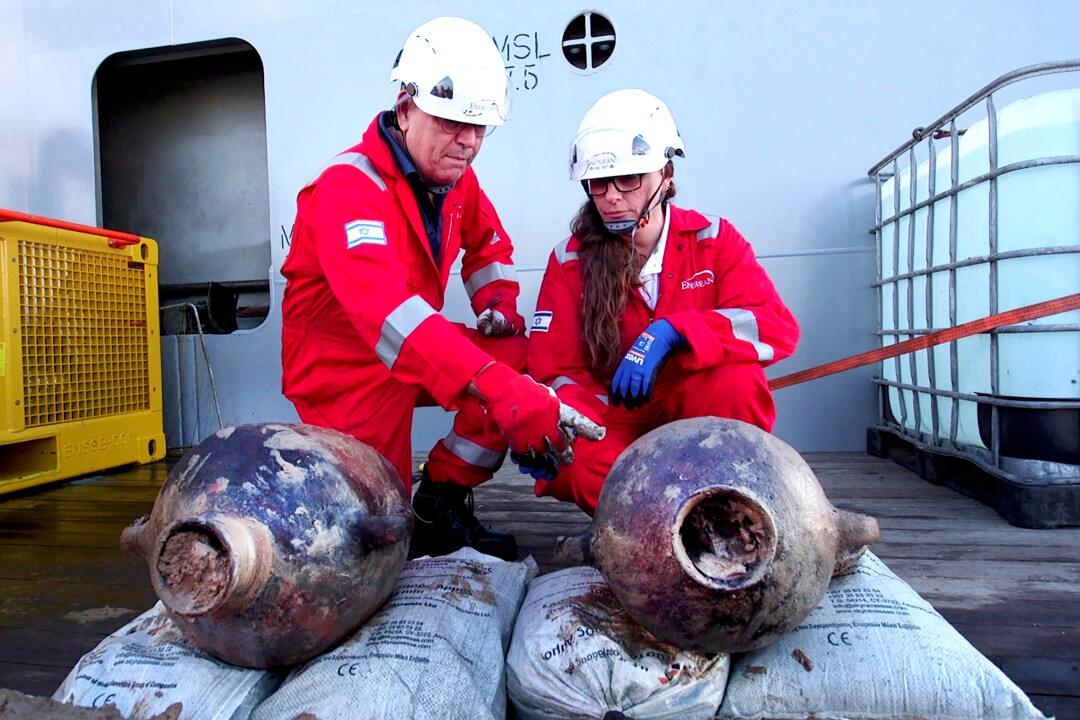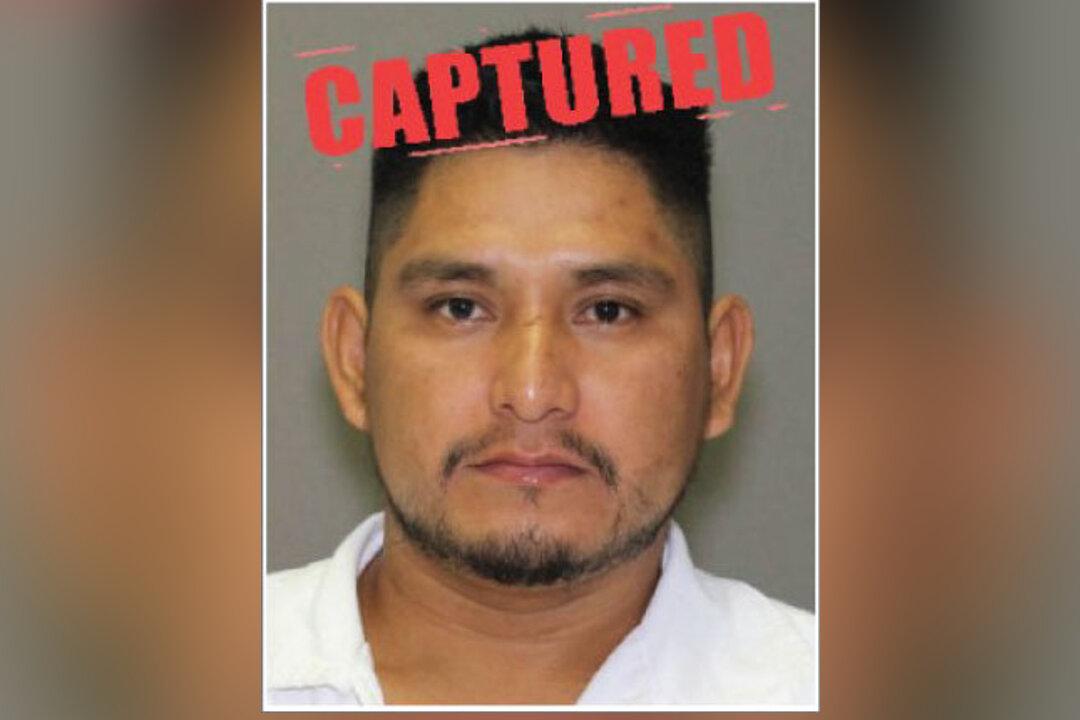The Swiss government and the United Nations convened a summit on artificial intelligence (AI) in Geneva on July 6, with the goal of garnering advice on how to control the spread of AI in a globalist framework.
The U.N. summit is titled “AI for Good Global Summit,” with 3,000 experts from companies like Microsoft and Amazon, academics, and 40 U.N. sister agencies taking part.





